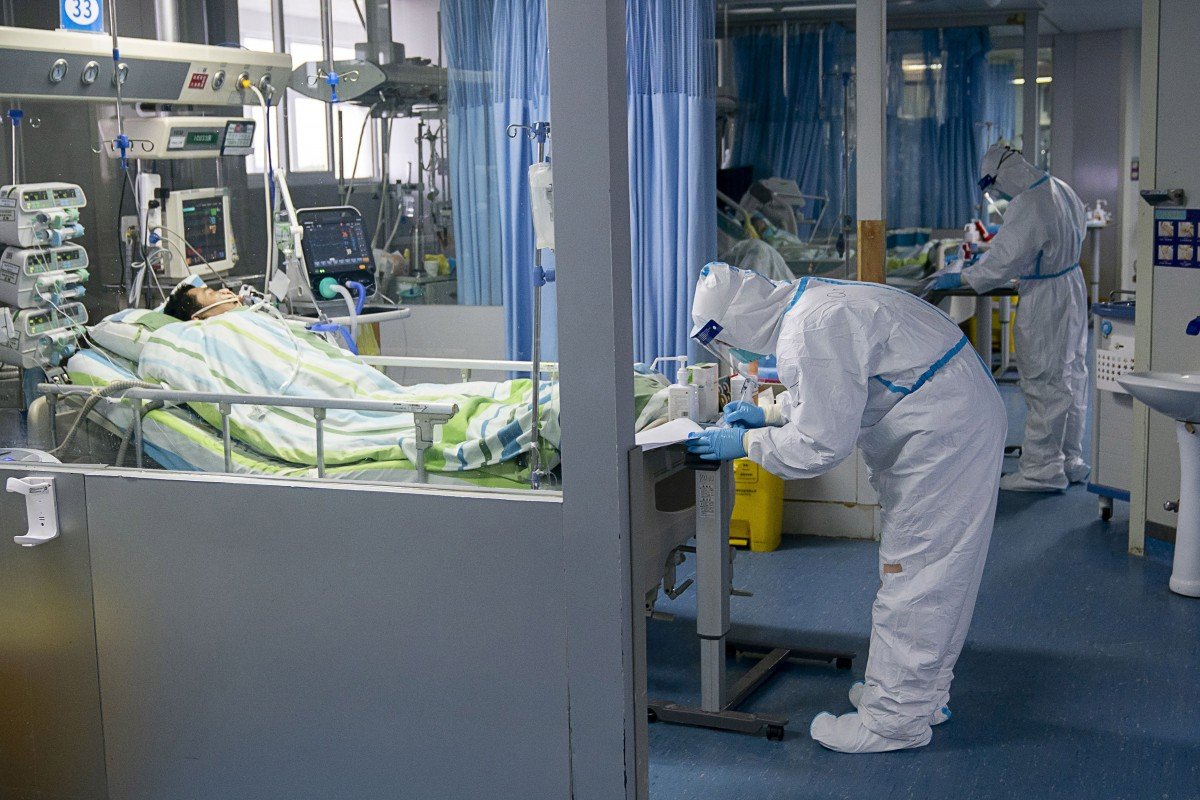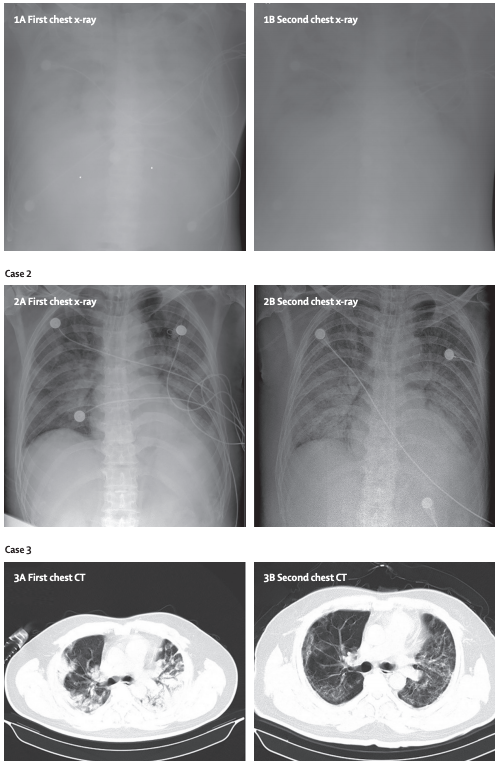Latest Study Shows Men May Be More Susceptible To The Wuhan Virus Than Women
The study — so far the largest — offers the most thorough insights into the clinical characteristics of the rapidly spreading novel coronavirus (2019-nCoV).
A study that analysed the earliest patients in Wuhan, China infected with the 2019 novel coronavirus revealed that the average age of patients was 55 and the majority of the victims were men.
The study, which is the largest one to be done on the virus so far, was published in a prestigious journal on Thursday, 30 January.
Authors of the newly published study in The Lancet wrote that they aimed to further clarify the epidemiological and clinical characteristics of 2019-nCoV pneumonia.
According to South China Morning Post (SCMP), the study, which was carried out by a team of doctors at Wuhan's Jinyintan Hospital along with researchers from Shanghai Jiao Tong University and Ruijin Hospital in Shanghai, included all confirmed cases of 2019-nCoV in Wuhan from 1 January 20 January.
The team studied the cases of nearly 100 patients who were treated at the Jinyintan Hospital in Wuhan, the capital of Hubei province where the virus has infected a total 7,153 and killed 249 people, so far.
As of this SAYS article, there are 11,374 confirmed cases of infected victims globally. Of which, 11,221 are in Mainland China. There's one each in India, Nepal, and the Philippines.
Malaysia has 8 confirmed cases, while Singapore has 16. A total of 259 people have died, all in China.
The study described the most common symptoms and the types of patients most likely to contract the rapidly spreading coronavirus.
It shows that men are more susceptible to the virus than women.
Of the 99 patients with 2019-nCoV pneumonia, 67 were men and 32 of them are women.
"We observed a greater number of men than women in the 99 cases of 2019-nCoV infection. MERS-CoV and SARS-CoV have also been found to infect more males than females," authors of the study wrote.
"The reduced susceptibility of females to viral infections could be attributed to the protection from X chromosome and sex hormones, which play an important role in innate and adaptive immunity."
More than half of the patients were suffering from a pre-existing chronic disease and 49% had a direct connection to the Huanan food market suspected to be the origin of the virus.
"Our results suggest that 2019-nCoV is more likely to infect older adult males with chronic comorbidities as a result of the weaker immune functions of these patients," the authors added.
Symptomatically, most patients displayed fever and/or cough
The study's results showed that fever and cough are the two most prominent and consistent symptoms seen in the patients infected with the coronavirus.
83% of the patients had clinical manifestations of fever, 82% had a cough, 31% had shortness of breath, 11% had muscle ache, 8% had a headache, 5% had a sore throat, and 2% had chest pain.
"By the end of 25 January, 31 patients had been discharged and 11 patients had died; all other patients were still in the hospital. The first two deaths were a 61-year-old man and a 69-year-old man. They had no previous chronic underlying disease but had a long history of smoking," according to the study.
The outbreak has been declared a Public Health Emergency of International Concern by the World Health Organisation (WHO)
While WHO has declared that the coronavirus is a global health emergency, it has also reminded everyone to "remember that these are people, not numbers".
"Let me be clear: this declaration is not a vote of no confidence in China," WHO director general Dr Tedros Adhanom Ghebreyesus said during a press conference yesterday, 31 January.
"On the contrary, WHO continues to have confidence in China's capacity to control the outbreak. We would have seen many more cases outside China by now and probably deaths if it were not for the government's efforts, and the progress they have made to protect their own people and the people of the world."

